The coach traveled the enclosure of a mountain enclave to the south -west of Syria, shouting dozens of new recruits as they pierced sprints between old car barric barricades.
« You have to practice as if it were real, » said the instructor, Fadi Azam. « You want me to start shooting -you instead of doing -real? » He said that, lifting the rifle and firing a few rounds of the group, the gun fire piece echoed the valley during a fast morning at the end of January.
« You are lions, lions! » Mr. Azam called the recruits, some of the tens of thousands of fighters from the religious minority of Duse de Syria, the powerful militias controlled the robust province of Sweida, in the south -west of the capital, Damascus. Sweida is the heart of Duse, a strategically important region that borders Jordan and near Israel, and these fighters play a small but essential role in the future of Syria.
When the Islamist rebels who expelled dictator Bashar al-Assad established a new government, they seek to fold different militias, including this, which arose during the Civil War of almost 14 years of Syria, in a single national force. A unified military man is crucial to gain control over the country and establish stability, but this goal has been evasive.
Since January, several of Duse’s strongest militias had been talks with the government over his conditions to join the new army. They were skeptical of the promises of the interim president to protect the rights of the many religious and ethnic minorities of Syria.
These conversations stopped last month after an outbreak of violence against another religious minority, increasing Druse’s concerns. The violence began with an attack on the remains of the Old Regime on the new government’s security forces in a region dominated by the Alawite sect, a disorder of Shiite Islam. Mr. al-Assad’s family is Alawites and, during the five decades of the family, governing Syria, often prioritized members of the sect in security and military jobs.
The Government responded by mobilizing its security forces, which joined other armed armed groups and civilians, according to witnesses and rights groups. These fighters, some nominally under the control of the government and others outside it, killed hundreds of civilians Alawite in what the rights groups said were sectarian -based attacks.
Druse’s militia leaders have also accused the interim president, Ahmed al-Shara, to monopolize power. Al-Shara and many of her cohort were part of an Islamist rebel group, dominated by members of the Muslim Sunnite of Syria, who was once linked to Al Qaeda. Initially they showed little willingness to cede power in their new government to minorities.
However, when Mr. al-Shara announced a caregiver government On Saturday at the end of Saturday, their options recognized the pressure to form an inclusive administration that represented the various ethnic and religious groups in Syria. He named a Kurdish Minister of Education, a Christian woman and a Duse Minister, among others. However, the Crucial Defense Ministries, Foreign Affairs and Interior Affairs will be led by the President’s nearby Allies.
Another powerful militia, a force led by Kurds governing much of Northeast Syria and has the support of the United States, has accepted a preliminary agreement to join the National Army, but has not yet been integrated, expressing worries similar to those of Drusa.
Unless he can convince Duse and other armed groups to join a national army, Mr. al-Shara will face a difficult choice. Either you have to agree to give up some authority and establish a slightly decentralized government or a risk sentence only part of the country, as much as Mr. Al-Assad did during the Civil War.
Al-Shara « is at a political death point with Duse and Kurds and does not have much levers, » said Mohammad al-Abdallah, a Syrian political analyst.
In the meantime, Duse’s militias have strengthened their ranks, exercising authority throughout the region to fill the safety gap left by the collapse of the Assad regime. The recent recruiting formation in Sweida was part of the mountain brigade, one of the several Duse militias emerged during the Civil War. The ranks of the brigade have increased from 2,000 fighters to more than 7,000, according to their leaders, in the midst of the uncertainty of this transition from power.
« We want to defend our people, defend our homeland, » said Rakan Kahool, 28, who enrolled with the militia in January. « Sweida people should protect Sweida. »
New recruits such as Mr. Kahhool and veterans fighters have acted as a police officer and a de facto security forces for the Sweida province, staff control points and patrolling the border with Jordan.
Mountain Brigade Commander Sheqib Azam said in an interview that Druse’s militia leaders wanted to give the provisional government the possibility of demonstrating. « If the new government works in the right way, we will join them, » Azam said. « And if not, we will fight them. »
He has participated in discussions with the new Syria authorities to join the national army, which reached an impasse in recent weeks.
« We want to be part of the State, to have an opinion in political decisions, » he said. But he added: « It’s too early to give up our weapons. »
If Druse’s militias reach the new government, their fighters will be key to maintaining security in the south -west in the face of the Islamic State threats, armed remains of the Assad regime and criminal groups, as well as Israeli raids along the southern border. Interruptions could immerse themselves in Syria in another cycle of violence and facts.
Israel’s actions in response to the collapse of the ASSAD regime is further injected into the South Political Panorama -West of Syria. Israel wants to make sure that no hostile forces entered the parts of Syria near its borders, where they could easily launch attacks on northern Israel as Hezbollah, a group supported by Iran, for years from the neighbor of Lebanon.
And the Israeli Prime Minister, Benjamin Netanyahu, has said that Israel will not tolerate the presence of the Sunni Muslim forces of Mr. Al-shara in southern Damascus. Israeli officials have referred to these forces as extremists.
Since the Assad regime, Israel has reached several hundred goals in Syria, eliminating deposits of weapons and other military assets of the Old Regime to prevent them from falling into the hands of any hostile person in Israel, according to Israeli officials.
Israeli officials have also warned of Syrian authorities who would intervene militarily to protect the defeat of any government repression, an opening that reflects the strong relationship that the Israeli state has with its own drum minority. The Duse, who practices a religion that is a disorder of Shiite Islam, can also be found in Lebanon and Jordan.
The main Duse de Syria militias have rejected the offer.
Although they have not yet agreed to unite the national military, Duse militias and religious leaders have established informal arrangements with the new authorities that allow them to receive government help by maintaining their military control over Sweida.
In January, Mr Azam said, he agreed to have an official of the former rebel group of Mr. al-Shara, served as temporary provincial governor of Sweida, on the condition that the government’s obligations do not deploy to Sweida.
In the weeks following the arrival of the interim governor, Mustafa Yasin Baquer, hundreds of people have cried every day in their office to request support. According to residents, electricity works only one hour a day. The water supply is erratic. Some want the land stolen by the Assad government to return them. Others, who were formerly based on the subsidized bread under the former rulers, called for similar help.
« The infrastructure is completely destroyed, » Baquer said in an interview. While negotiations with Duse’s militias continue, the transition government must « intervene and try to stabilize the situation, » he added.
Many residents in Sweida share this feeling.
A recent afternoon, Janat Abu al-Fadl, 55, went on the narrow cobbled roads of the Sweida market with his daughter. Although they were not sure about the new authorities in Syria, Ms. Al-Fadl said he had hope with the future of Syria for the first time in decades.
« It will take time and of course there will be a difficult period, but finally, I think things will improve, » he said. « Before the regime fell, we had no hope, » he added. « Now at least we have something. »

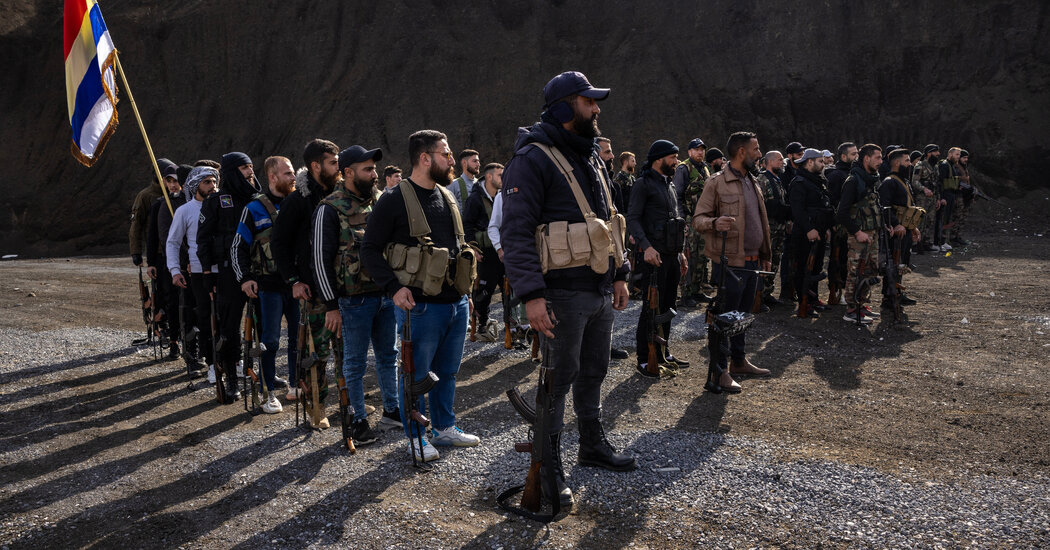



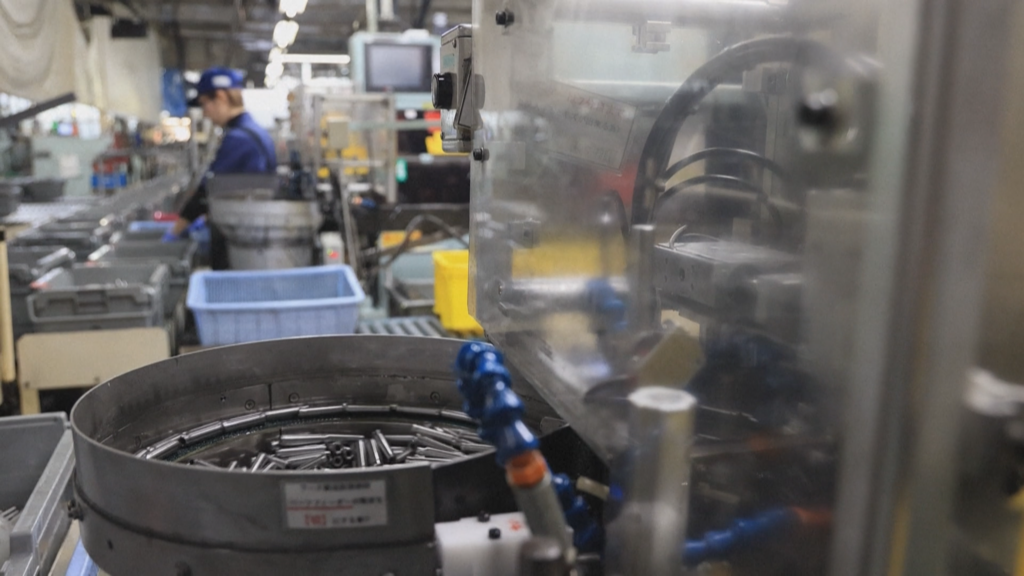
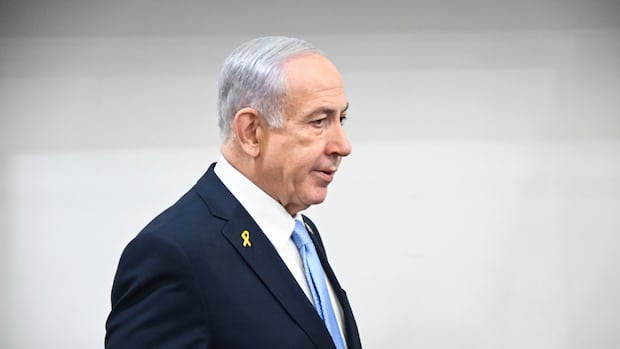
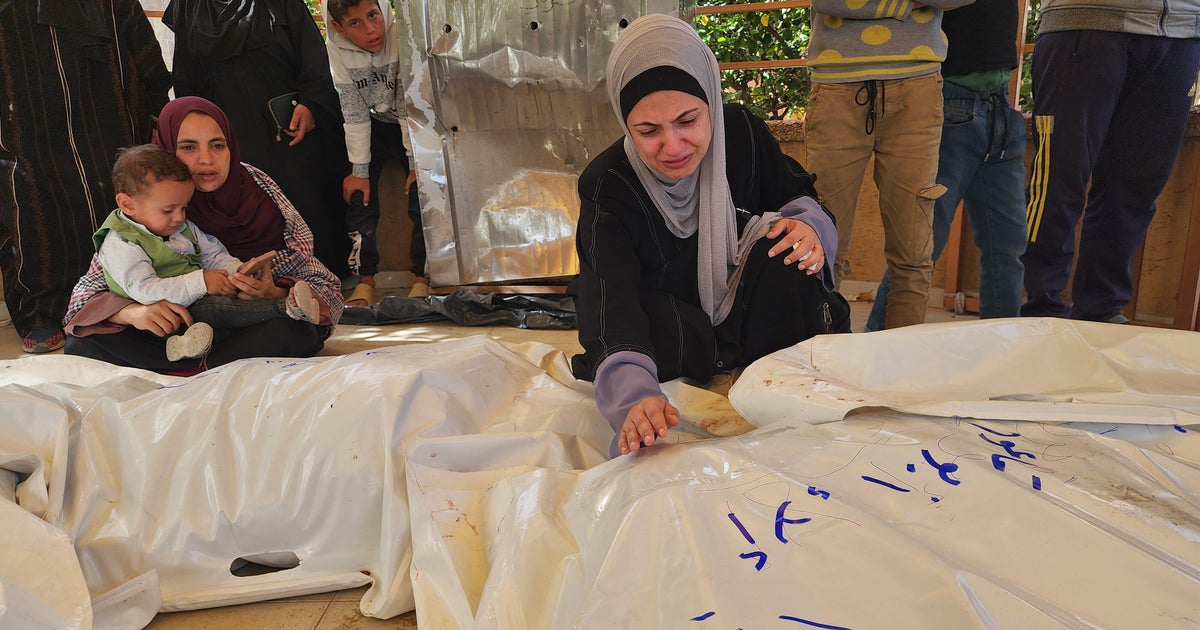
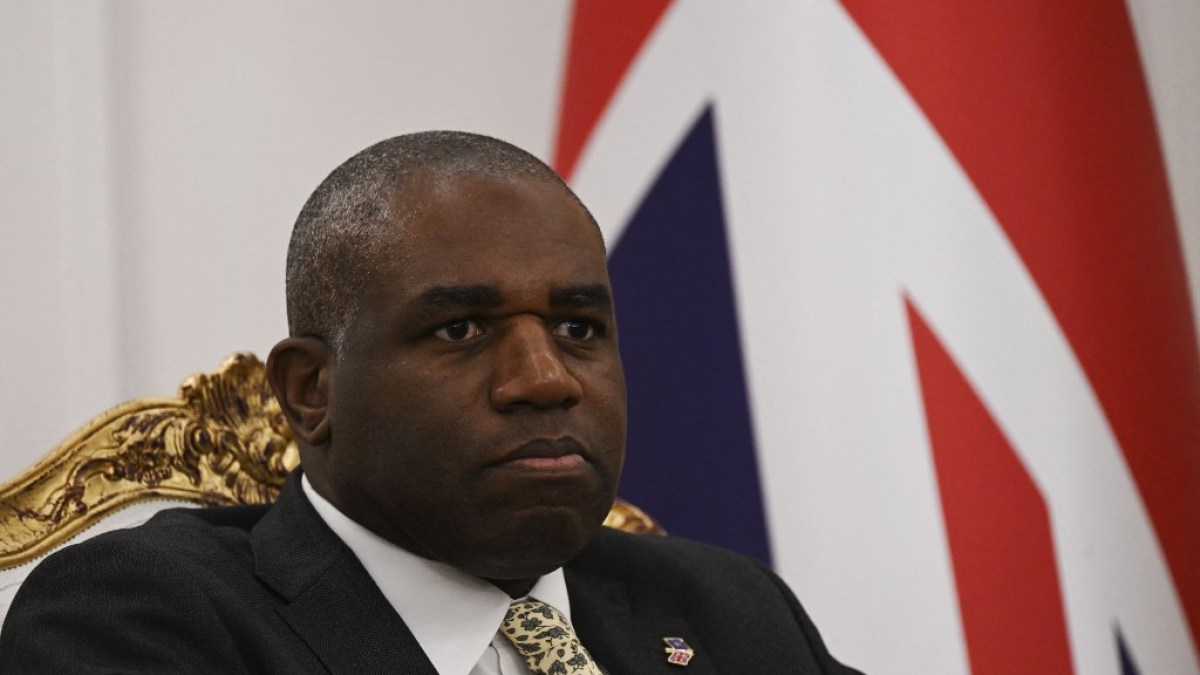


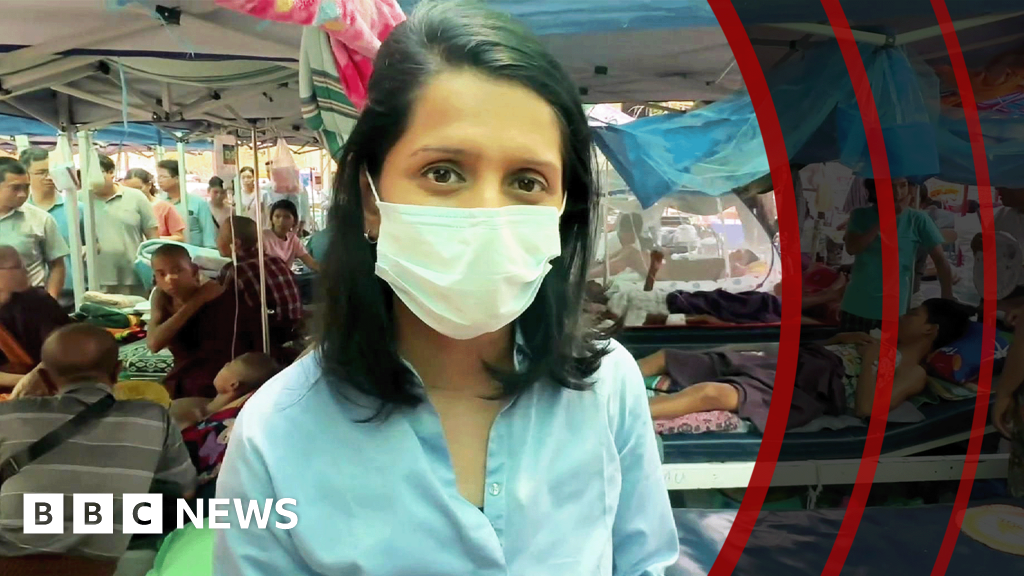



Leave a Reply